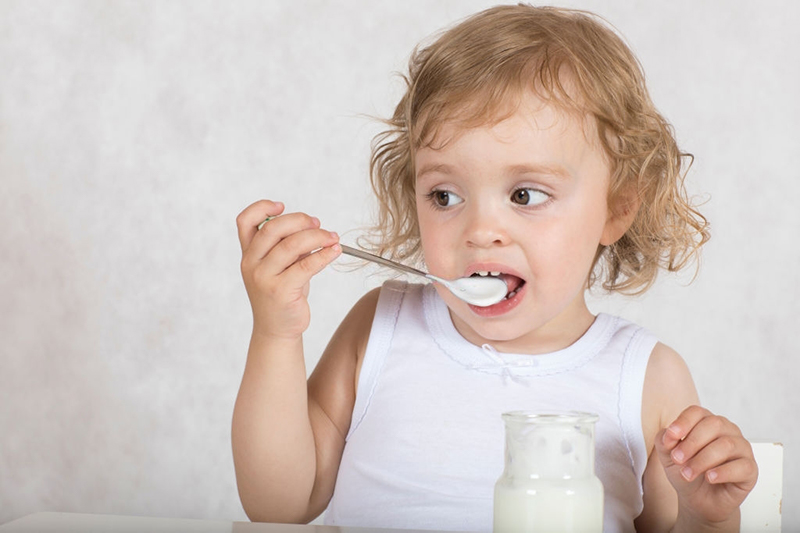Is it safe to provide probiotics to children? Here’s everything you need to know about it.
Probiotics – you may have seen them in the health food section of your local supermarket or read about them on your favorite healthy living site. probioticseverything.com probiotic for kids
These supplements are used by many adults to help regulate their digestive systems. Some people believe that probiotics might assist with eczema and even yeast infections.
Probiotics, on the other hand, don’t always operate the same way in youngsters.
Dr. Joy Drass, a pediatrician at Geisinger Port Matilda, explains that probiotics can help keep your digestive tract healthy. “However, it’s critical to understand which probiotics you can give to your child, as they may not operate in the same way that they do in adults.” probioticseverything.com probiotic for kids
Probiotics are beneficial microbes.
Hundreds of billions of bacteria, fungus, and yeasts live in your body. The human microbiome is made up of all of these species, the majority of which are harmless and many of which help your body function properly. probioticseverything.com probiotic for kids
“Probiotics are beneficial ‘good bacteria’ that make up your microbiome,” Dr. Drass adds. “They’re available as supplements, but they’re also found naturally in certain foods.”
Probiotics abound in these fermented and aged foods: probioticseverything.com probiotic for kids
• Cottage cheese • Yogurt • Sauerkraut • Kombucha • Kimchi • Kefir
Yogurt is probably where your kids acquire the majority of their probiotics.
Probiotics have a lot of advantages.
Probiotics aid digestion and immune system function by replacing your body’s healthy bacteria, and they may even aid in the treatment or prevention of some ailments.
They’re particularly beneficial for diarrhea or constipation, which are both prevalent in children, particularly during potty training. Irritable bowel syndrome and inflammatory bowel disease symptoms may be alleviated with probiotics. probioticseverything.com probiotic for kids
Probiotics can also help children who are on antibiotics. Antibiotics can induce stomach pain, constipation, or diarrhea, which probiotics might help to alleviate. However, not all probiotics are helpful when taking antibiotics, so consult your child’s pediatrician or pharmacist to determine which probiotic is best for them. probioticseverything.com probiotic for kids

Should kids consume probiotic foods?
Probiotics may be beneficial to youngsters, according to certain studies. Children who were given probiotics every day for three months had fewer respiratory difficulties and diarrhea than children who were given a placebo, according to one study. probioticseverything.com probiotic for kids
While additional research is needed, probiotics may lower the risk of some disorders in children, such as autoimmune diseases, allergies, and asthma. probioticseverything.com probiotic for kids
Probiotics, on the other hand, may have little effect on children, according to some experts. Probiotics may be passed off as normal waste since their microbiome isn’t fully formed.
Probiotics are generally regarded safe for children, with a few exceptions, according to Dr. Drass. “If your child has a damaged immune system, cancer, or is a premature infant, you should avoid giving them probiotics.” Probiotics can put patients at risk of infection in these situations.”
Unless their pediatrician advises differently, it’s best for youngsters to acquire probiotics through food rather than supplements. If you’re considering about taking probiotics to improve your child’s digestion, talk to their doctor first, because keeping your child safe and healthy is their top priority. probioticseverything.com

